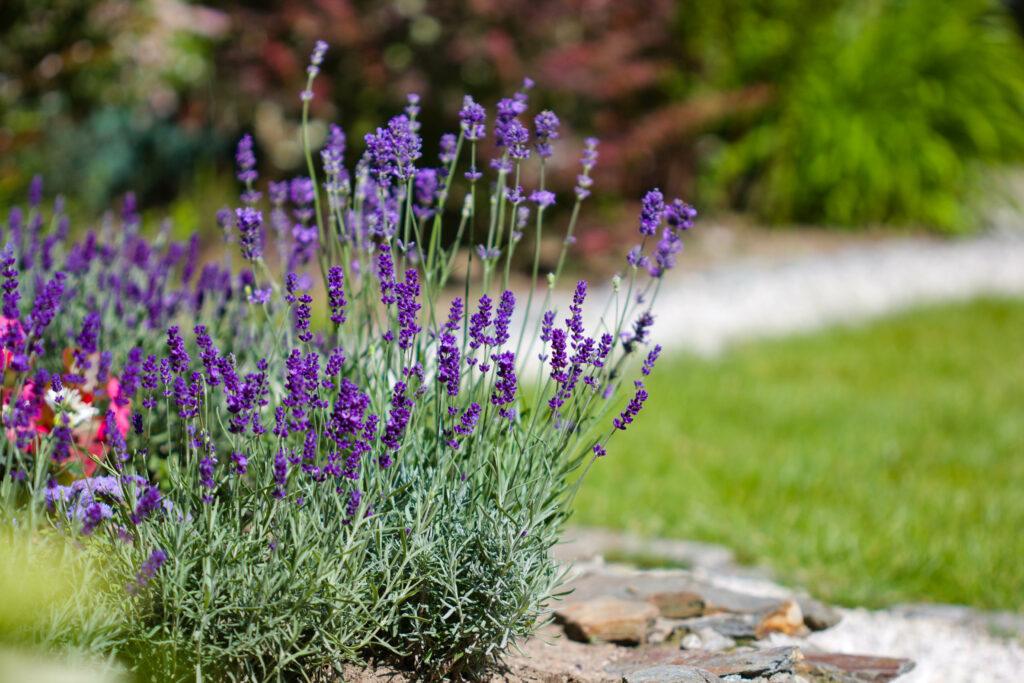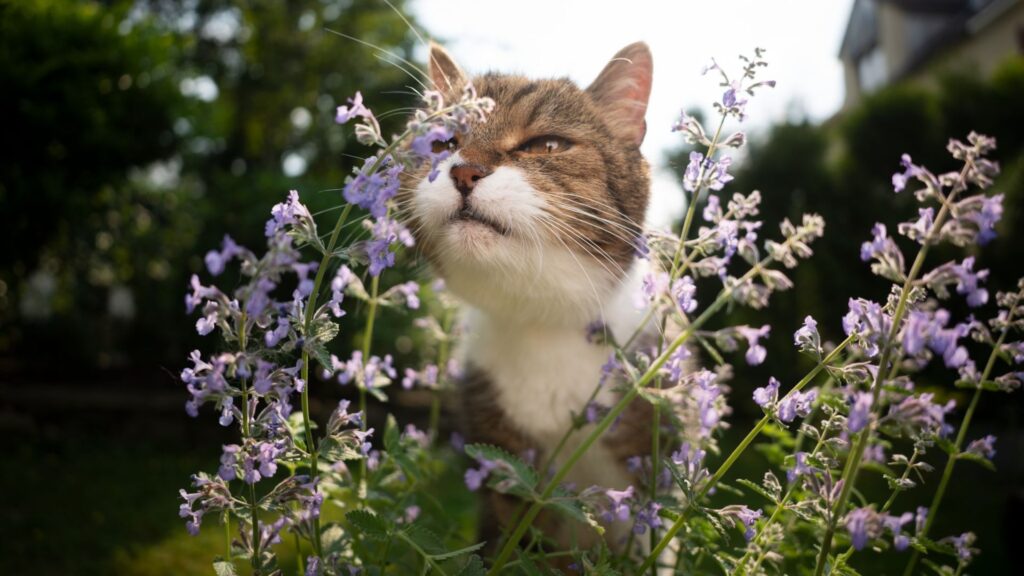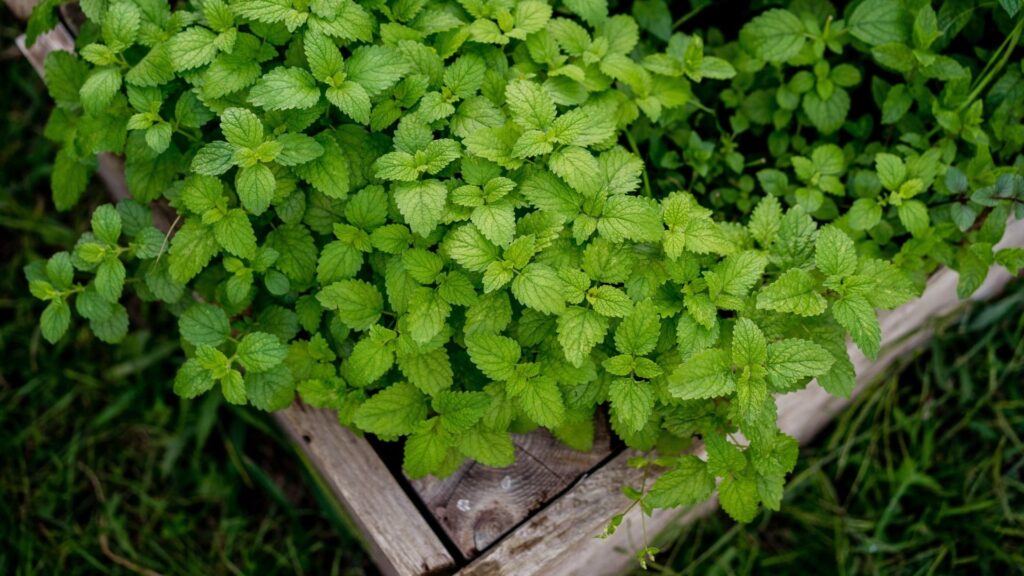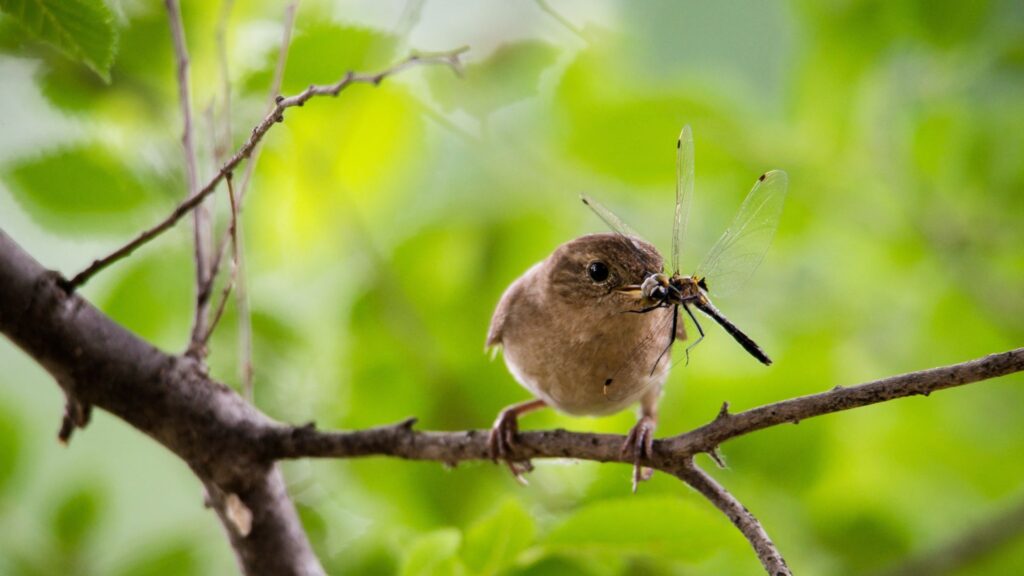
Mosquito Resistant Landscaping: How to Create a Garden Free from Mosquitoes
Mosquitoes can quickly turn your outdoor paradise into an unpleasant experience, which makes controlling mosquito populations a priority for any homeowner. However, achieving a mosquito-free garden doesn’t require harsh chemicals or expensive solutions. By implementing mosquito-resistant landscaping techniques, you can naturally minimize the presence of mosquitoes in your yard and avoid pesky mosquito bites. In this guide, we’ll explore how to design and maintain a mosquito-resistant garden using smart plant selection, effective garden maintenance, and eco-friendly solutions that keep your outdoor space comfortable and enjoyable.
Consider Planting Mosquito Repellent Plants
Smart plant selection goes beyond aesthetics. Plants that repel adult mosquitoes naturally offer a sustainable way to keep these insect pests at bay without using harmful chemicals. These plants add beauty and fragrance to your flower beds and landscape, and their natural oils and scents make it difficult for mosquitoes to linger.
1. Lavender
Known for its calming fragrance, lavender is a highly effective option for repelling mosquitoes. Although its strong aroma is unpleasant to mosquitoes, lavender is a delightful addition to any garden. Lavender thrives in well-drained soil and full sun, perfect for borders or containers.
2. Citronella Grass
Citronella grass is widely recognized as a natural mosquito repellent and is often used to make citronella candles and sprays. Plant it in large pots around seating areas or along pathways, and watch as it deters mosquitoes from these high-traffic areas.
3. Marigolds
Bright and cheery, marigolds are not only visually appealing but are also a strong mosquito deterrent. Their scent repels mosquitoes and even other garden pests. Plant marigolds near windows, doorways, or seating areas to keep bugs from entering your home.
4. Catnip
Surprisingly, catnip isn’t just for felines. Studies have shown that it contains a compound called nepetalactone, which is very effective at repelling mosquitoes. Catnip is easy to grow and can thrive in pots and garden beds, adding a layer of mosquito defense.
5. Lemon Balm
With its pleasant citrus scent, lemon balm is another excellent plant for controlling mosquitoes. It grows rapidly, so it’s ideal for creating a fragrant border around patios or seating areas. Be sure to plant it where you can trim it regularly to prevent it from taking over.
Garden Maintenance Tips to Reduce Mosquito Populations
Proper garden maintenance prevents mosquitoes from settling in your outdoor space. Mosquitoes thrive in areas with dense vegetation, standing water, and debris, so keeping your garden clean and well-maintained is vital to reducing their presence.
- Pruning and Mowing: Regular pruning and mowing help eliminate the shaded, damp areas where mosquitoes like to rest. Keep shrubs, bushes, and trees neatly trimmed, especially around seating areas or near the house. Additionally, mowing your lawn frequently prevents tall grasses from becoming hiding spots for mosquitoes.
- Managing Compost Piles: If not properly managed, compost piles can become breeding grounds for mosquitoes. Make sure to turn your compost regularly to ensure good airflow and avoid overwatering it. Covering your compost pile can also help reduce moisture buildup, deterring mosquitoes.
- Removing Debris and Clutter: Mosquitoes hide in leaves, fallen branches, and other garden debris piles. Regularly clean up any clutter in your garden, especially in corners and near fences. Keeping your garden free from debris minimizes the number of mosquito-friendly resting spots.
- Maintaining Mulch and Soil: While mulch is excellent for maintaining soil moisture, it can also become a mosquito attractant if it retains too much water. Spread mulch thinly and keep it away from areas where water tends to collect. Additionally, check your soil’s drainage to ensure excess water doesn’t create damp spots where mosquitoes can thrive.
Water Features and Drainage Considerations
Mosquitoes require stagnant water to breed, making garden water features a potential haven for these pests. However, with the proper irrigation and careful design, you can still enjoy the calming presence of water without allowing mosquito eggs to hatch.
- Reducing Stagnant Water: Mosquitoes lay eggs in standing water, so any source of stagnant water, no matter how small, can become one of their breeding sites. Regularly check birdbaths, flower pots, or any low-lying areas in your garden that have the potential to trap water.
- Adding Movement to Water Features: If you have ponds or fountains, eliminating standing water is critical to discouraging mosquitoes from laying eggs. Moving water is less attractive to mosquitoes, so consider adding pumps or small waterfalls to keep water flowing.
- Choosing Water-Absorbing Plants: Another effective strategy is to plant water-absorbing species around areas prone to collecting water. Plants like canna lilies, pickerelweed, or swamp milkweed thrive in damp conditions and help soak up excess water, reducing potential mosquito breeding sites.
- Designing Landscapes to Naturally Drain Water: A well-designed garden should have proper drainage to prevent water from pooling in low-lying areas. When planning your landscape, incorporate gentle slopes or swales that guide rainwater away from your home and garden beds.
- Improving Drainage: Proper drainage is crucial when designing your garden. Ensure your landscape has gentle slopes to direct water away from problem areas, preventing puddles from forming. You can also incorporate gravel beds or rain gardens that help absorb excess water more efficiently.
Utilize Natural Barriers to Optimize Wind Flow
One of the simplest yet effective mosquito control methods is creating natural barriers and optimizing wind flow. Mosquitoes are weak fliers, so wind and misting systems can easily disrupt their ability to hover and bite. By strategically designing your garden with this in mind, you can make it difficult for mosquitoes to settle in your outdoor space.
- Using Hedges and Shrubs as Natural Barriers: Thick, dense shrubs, tall grass, and hedges can act as physical barriers that prevent mosquitoes from accessing certain areas of your garden. Planting these around patios, outdoor seating areas, or near windows creates a protective layer that discourages mosquitoes from getting too close. Consider shrubs like rosemary, eucalyptus, or bay laurel, which also double as mosquito repellents.
- Maximizing Wind Flow: Since mosquitoes struggle to fly in windy conditions, promoting natural airflow through your garden can be the perfect mosquito trap. Trim back overgrown plants and clear cluttered areas to allow wind to pass through more freely. You can also position outdoor fans and misting systems in outdoor seating areas to create a breeze that acts as a natural mosquito repellant while keeping you cool.
- Strategic Placement of Taller Plants: Taller plants or trees placed along the edges of your garden can help channel wind and create microclimates that are less hospitable to mosquitoes. Plants like bamboo, citronella grass, or even fast-growing trees like willows can direct wind flow toward areas where you spend the most time.
Build an Environment to Attract Natural Mosquito Predators
One of the most sustainable ways to control mosquitoes is by encouraging their natural predators to thrive in your garden.
Birds such as swallows, purple martins, and warblers feed on mosquitoes and other insects, so creating bird-friendly spaces by adding bird baths and bird feeders or planting native shrubs and trees can make your garden more appealing to these natural predators.
Dragonflies, another natural mosquito hunter, eat mosquitoes and mosquito larvae. To attract them to your garden, incorporate a small pond or water feature with gently sloped sides and native aquatic plants like water lilies and cattails. These plants provide shelter for dragonfly larvae to flourish and naturally control mosquito populations.
Chemical-Free Maintenance and Natural Solutions
Maintaining your garden without harmful chemicals is better for the environment and helps keep beneficial insects and wildlife thriving while reducing mosquito populations. Using organic mosquito repellents and following eco-friendly practices can create a safe and effective way to repel mosquitoes.
- Avoiding Harmful Chemical Insecticides: While chemical insecticides may offer short-term relief from mosquitoes, they can harm the environment, beneficial insects, and pets. Avoid using these chemicals, especially in areas where pollinators like bees or butterflies frequent. Instead, focus on natural solutions such as introducing mosquito predators, removing standing water, and planting mosquito-repelling plants.
- Organic Mosquito Repellents: Instead of relying on chemical insecticides, you can use natural mosquito repellents derived from plants and essential oils. Options such as citronella candles, lemon eucalyptus oil, all-natural bug spray, and lavender oil are great alternatives for keeping mosquitoes at bay.
- Eco-Friendly Mosquito Traps: Consider installing solar-powered mosquito traps that attract and eliminate mosquitoes without toxic chemicals. These traps use UV light or carbon dioxide to lure mosquitoes and offer a safer alternative to chemical fogging or spraying.
We’re Here to Help You Create a Mosquito-Free Outdoor Space
Creating a mosquito-resistant landscape is practical, rewarding, and easier than you might think. You can enjoy a safe, pest-free outdoor space by choosing mosquito-repelling plants, maintaining proper garden hygiene, managing water effectively, and incorporating natural predators. At Dig’um Dirtworks, we specialize in designing eco-friendly landscapes that not only keep mosquitoes away but also enhance the beauty and functionality of your yard. Schedule a consultation today to learn how we can help transform your garden into a comfortable, mosquito-free haven.
Most Recent Post








